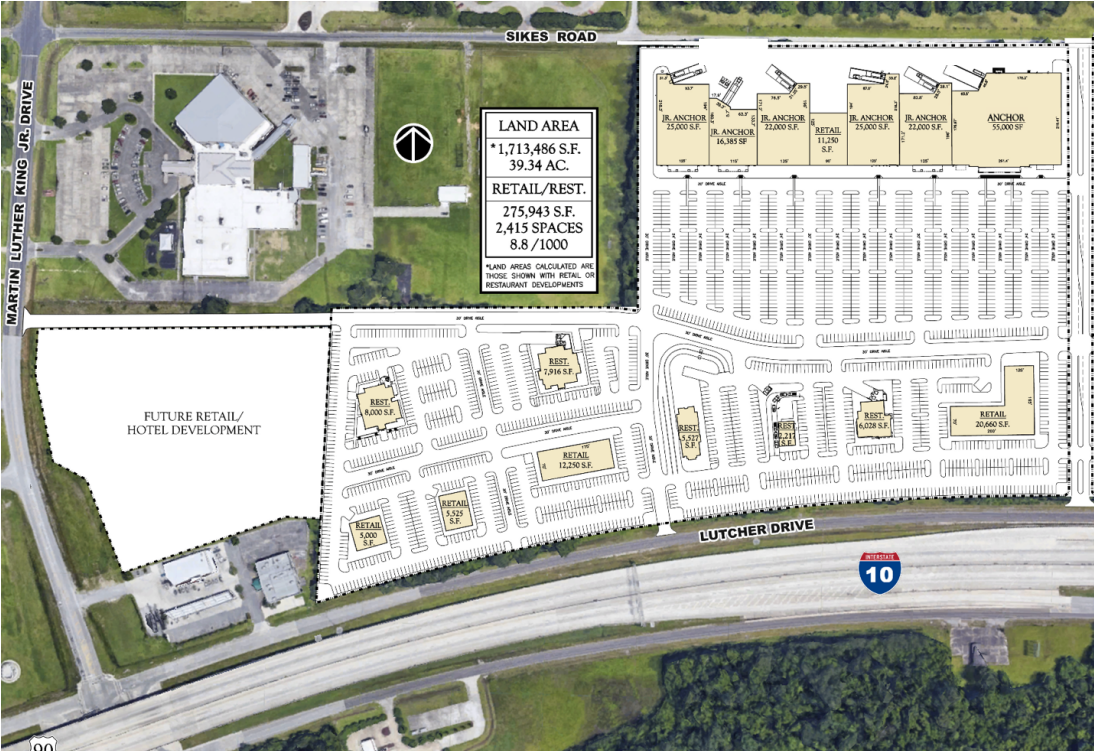Heroes and lessons emerge in Harvey’s wake
Published 8:25 am Wednesday, November 1, 2017
By Todd Staples
In the wake of Hurricane Harvey, remarkable stories of resilience emerged. Among them is the energy sector’s efforts to prepare for and recover from this historic storm. More impressive are the individual oil and natural gas employees who met Harvey’s might with grit and tenacity to put their neighbors’ needs before their own.
Texas leaders and the oil and natural gas industry have learned a lot over the years honing disaster preparedness, recovery and relief efforts after storms such as Allison, Katrina, Rita and Ike. Hurricane Rita prompted the creation of the state’s now nationally renowned public-private emergency preparedness program.
Trending
The energy sector is part of a collaborative effort among private and public-sector entities such as the Department of Public Safety, Texas Department of Transportation, Texas ports, FEMA, health care facilities and local emergency management officials. Specifically, the oil and natural gas industry is part of the Fuel Team, which works with the Council of Emergency Management to ensure Texans have access to the gasoline and diesel they need before, during and after a natural disaster.
Texas’ task force is a living, breathing model of preparedness that is continuously fine-tuned, as technology and best practices evolve.
Indeed, Harvey was a unique beast of a storm, delivering a 1,000-year flood to the greater Houston area and parts of southeast Texas. Despite unprecedented challenges, the oil and natural gas industry’s plans worked as operators responded rapidly to meet Texans’ fuel needs. After the storm, oil and natural gas companies went further to contribute more than $32 million to relief efforts.
Beyond the industry’s direct response, many unsung heroes from the energy sector stepped up to help their fellow Texans. Their stories, like so many who assisted in Hurricane Harvey relief efforts, are humbling and inspiring.
For instance, several Valero employees volunteered to be part of the “Hurricane Ride Out Team” that stayed at the company’s facilities throughout the storm. Valero’s “Post Hurricane Action Team” was dispatched to help with cooked meals, home repairs and post-flood cleanup across the impacted areas.
Marathon Oil’s Kimberly Reese could relate to her neighbors’ plight as her own Houston-area home has flooded twice in previous storms. This time, Reese transformed her home into a community command center, recruiting more than 50 volunteers and offering shelter, supplies and meals to area residents impacted by Harvey’s floodwaters.
Trending
Joel Garcia, a lease operator for Devon Energy, is a pastor at Joy Ministries near Refugio. Garcia ignored the damage at his own home to help hundreds of suddenly homeless neighbors after Hurricane Harvey. At one point, Garcia’s church was feeding 500 people a day. And for nearly a week, Joy Ministries served as the City of Refugio’s only emergency shelter.
These heroes dug deep to do right by their neighbors. Likewise, the oil and natural gas industry is committed to doing right by critically analyzing all that happened during this storm and making even better its plans, procedures and working relationships with state and federal agencies.
While the Houston-area energy complex proved resilient, we have identified some areas that could be even more efficient in the future.
For example, waivers from multiple state and federal agencies are often necessary during a major weather event to keep workers and facilities safe and to deliver the fuel Texans need before, during and after a storm. These waivers may be related to oil and natural gas production, transportation, refining and distribution. As we look back on Hurricane Harvey, we are evaluating the timing of waiver requests to improve response time and to further minimize disruption to your fuel delivery system.
Regarding the Houston region’s petroleum storage complex, 1.5 percent of the storage tanks had issues associated with historic rainfall. The industry is conducting a review of tank failures to look for ways to improve the design standards and best practices. While instances of spills and leaks were not widespread, we should learn all we can from each situation.
Anchored by brave and dedicated men and women, the oil and natural gas industry rebounded from Hurricane Harvey with remarkable speed. As Texans rebuild, we will continue our post-storm evaluation and collaboration with our public- and private-sector partners. Adversity, though unwelcomed and uninvited, often highlights the hard-working perseverance that defines our state.
Todd Staples is president of the Texas Oil & Gas Association and the former Texas Agriculture Commissioner.





